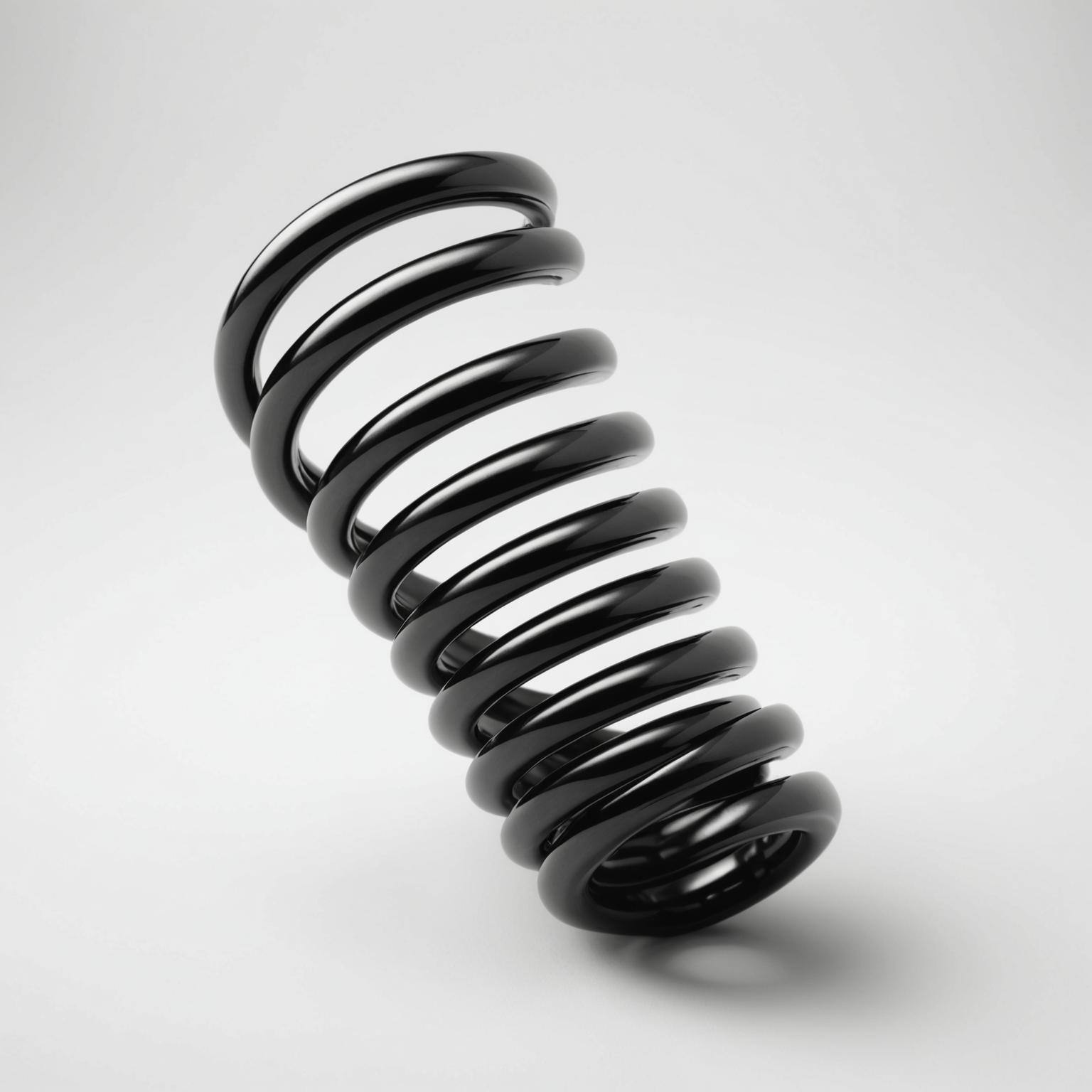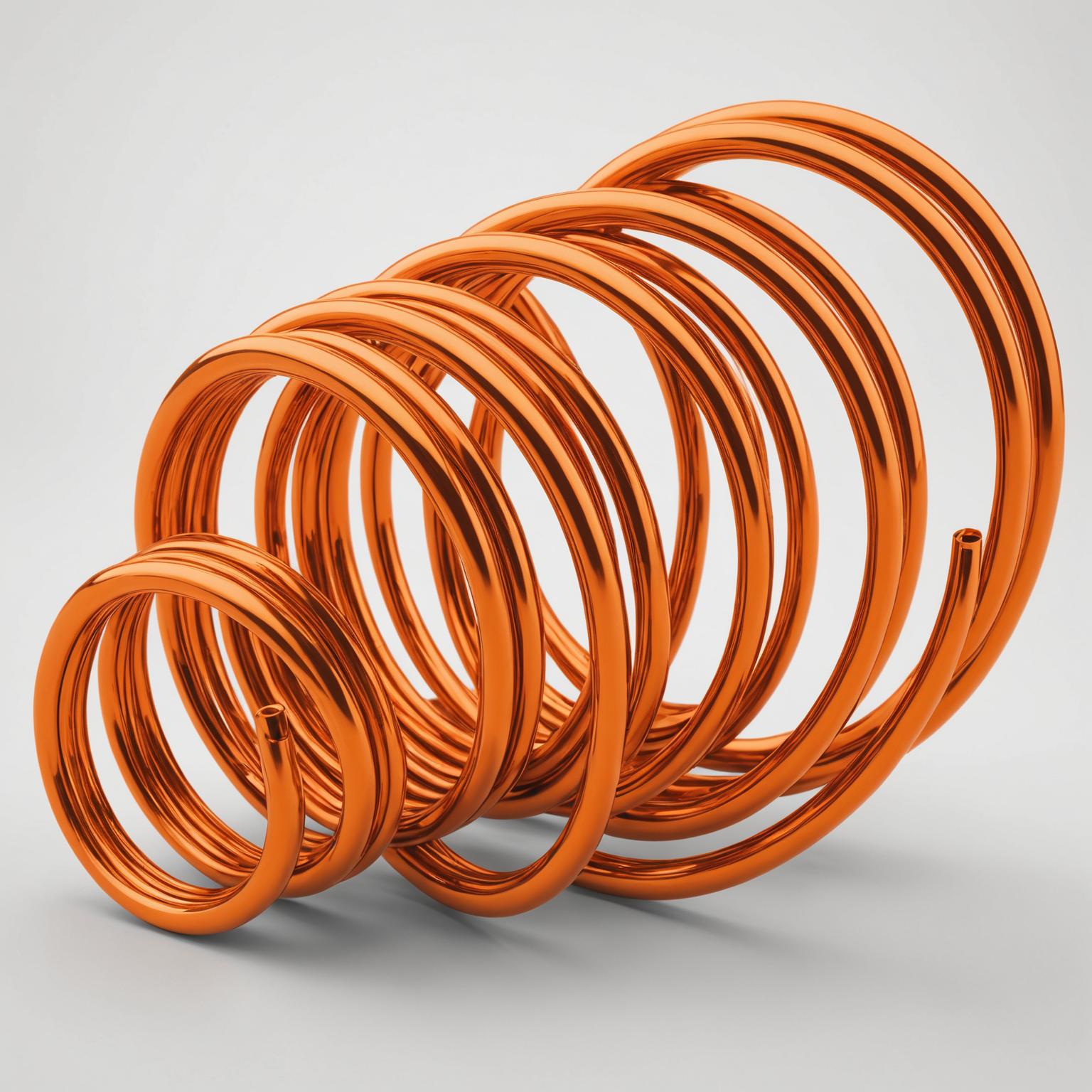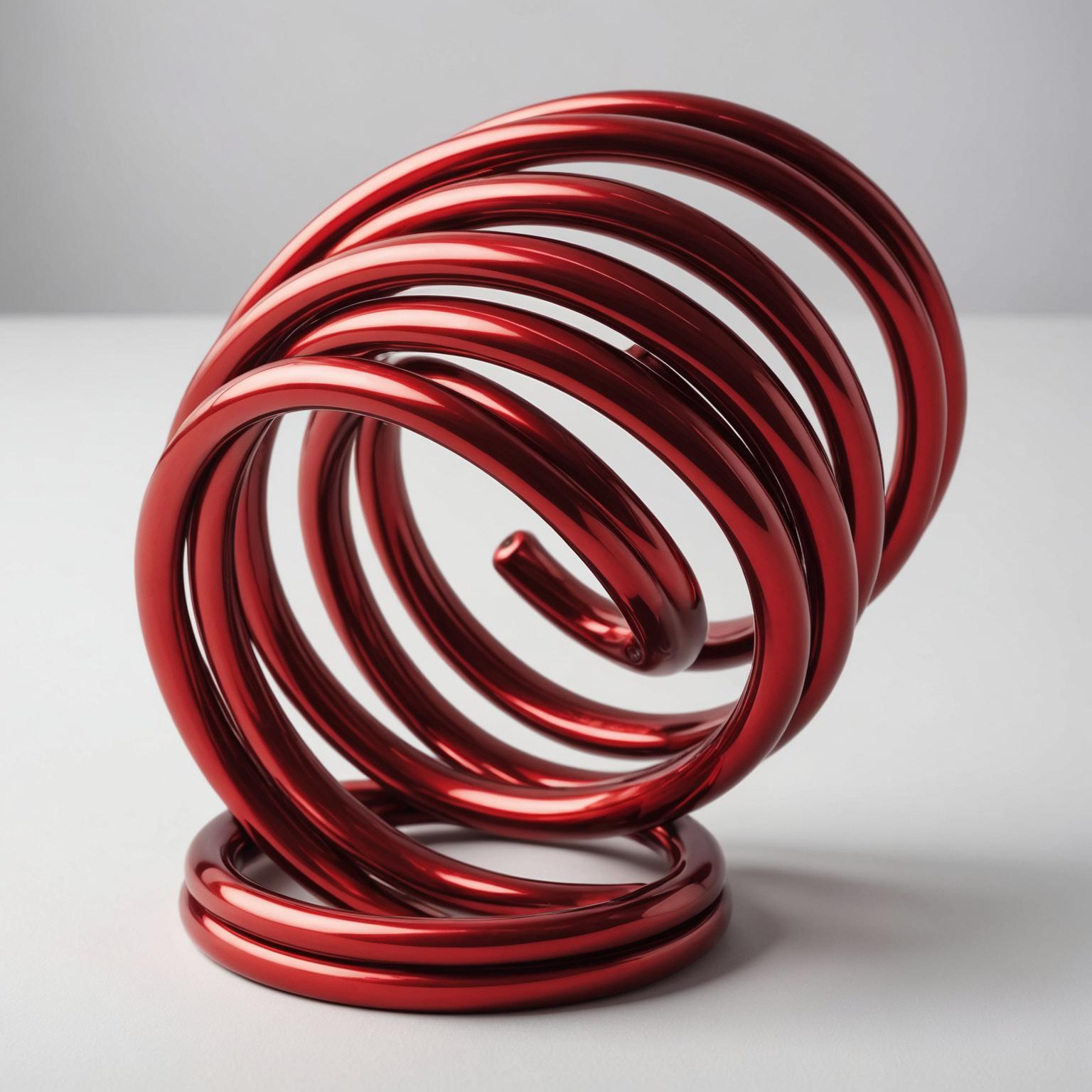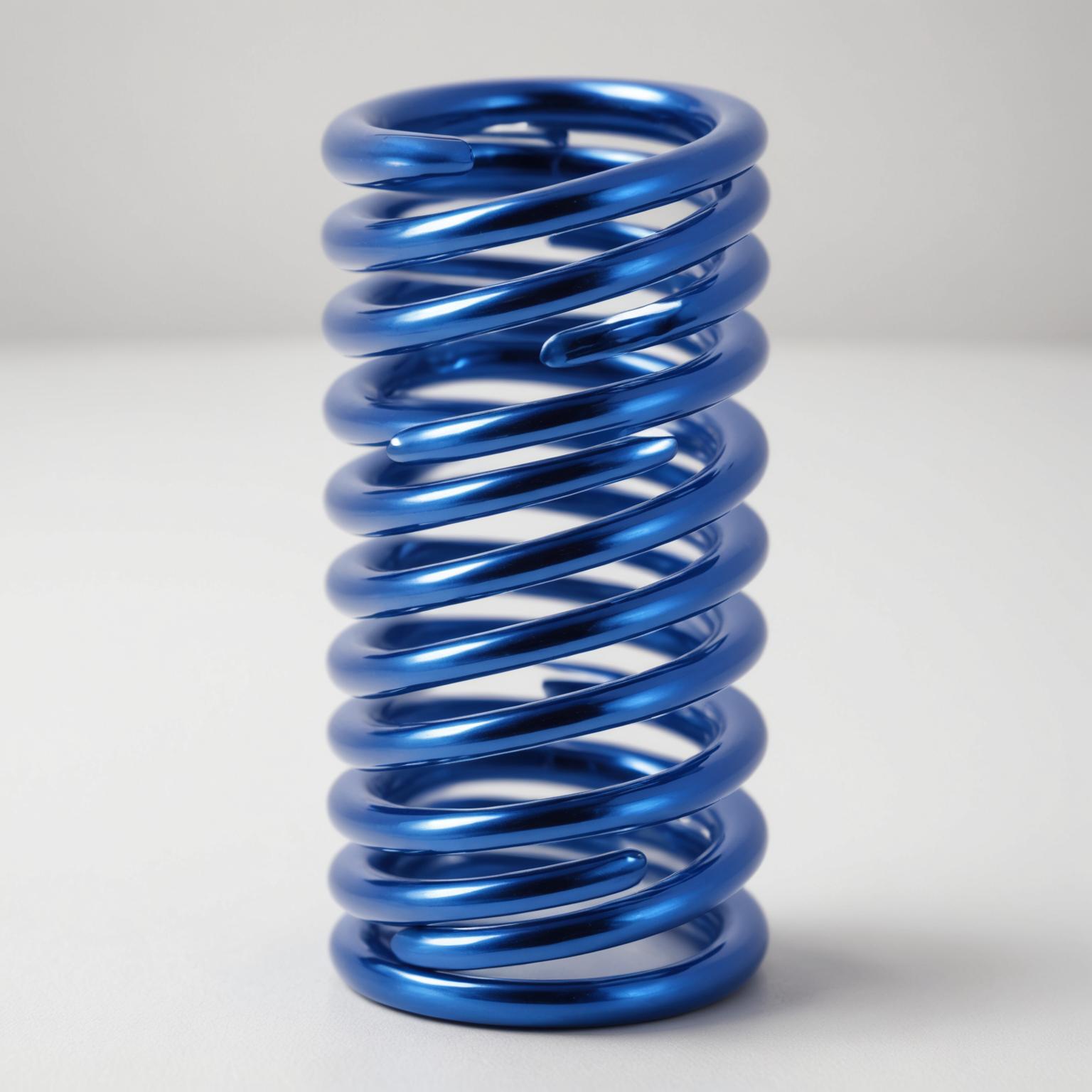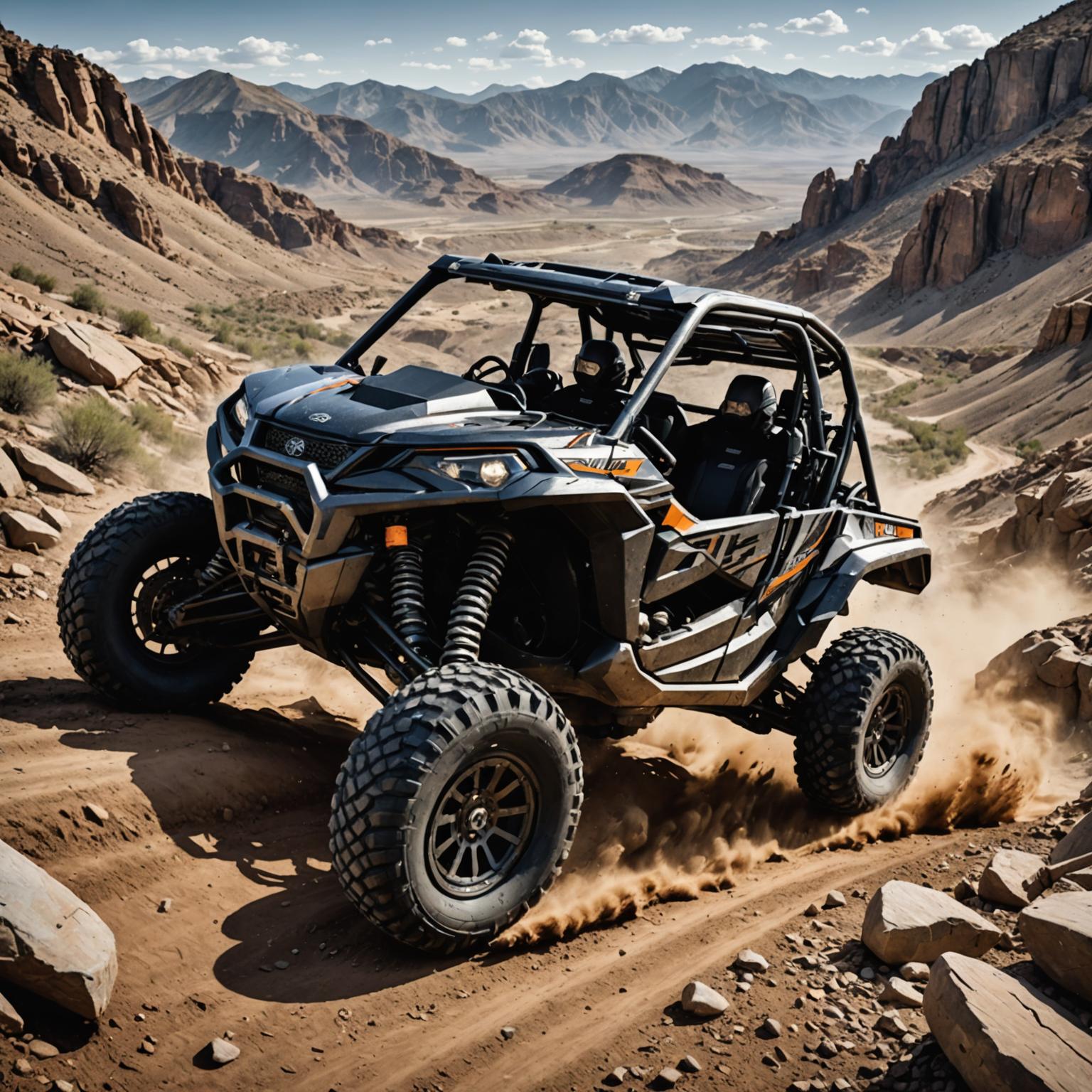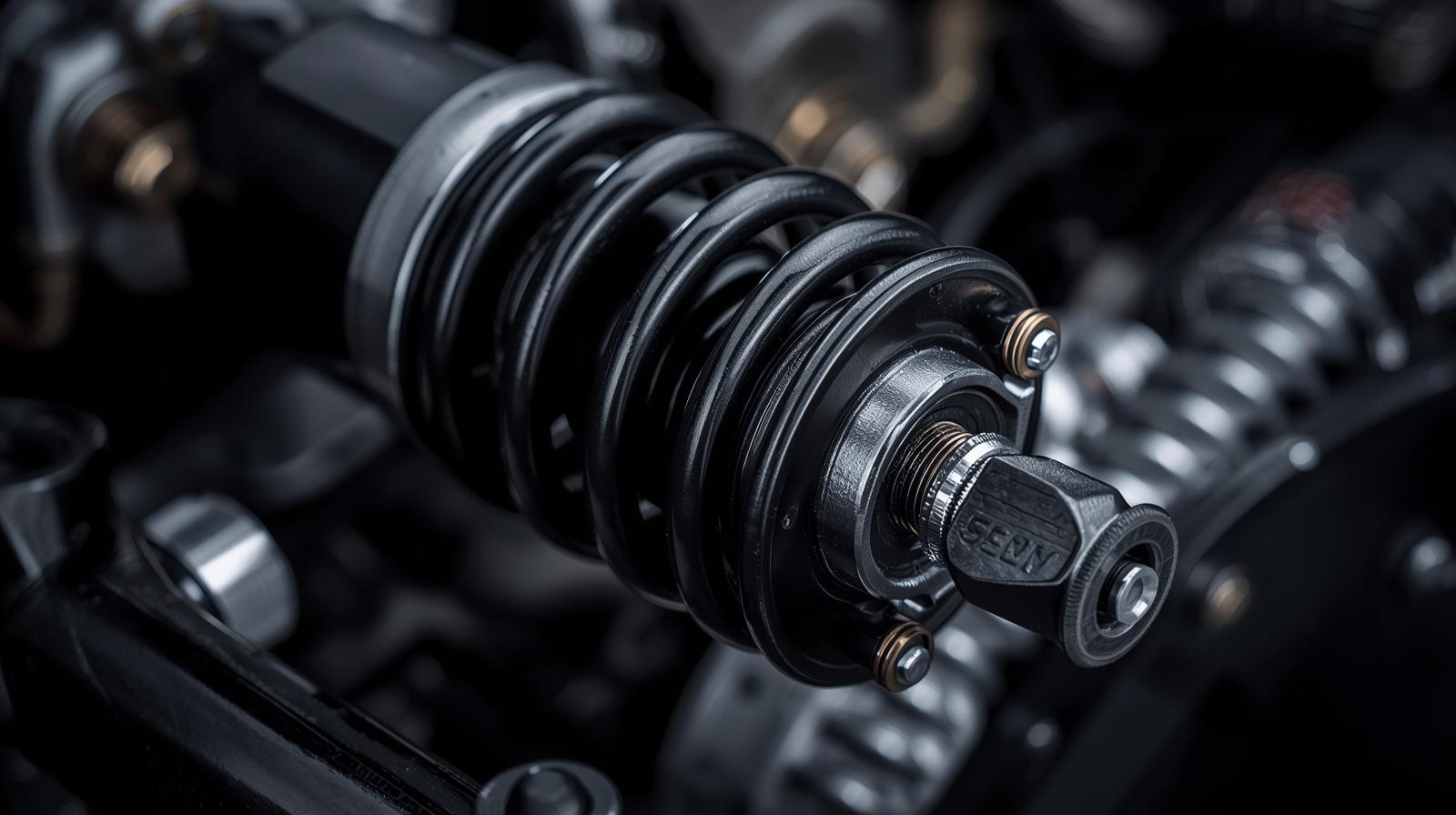
Mountain Switchbacks and Suspension Precision: Hydraulic Shocks on Steep Terrain
Why Mountain Roads Challenge Suspension Systems
Mountain switchbacks are among the most demanding environments for vehicles. Steep gradients, tight curves, and uneven surfaces generate constant stress on the suspension. Standard spring-based systems often allow excessive body roll, unstable tire contact, and increased braking distance. For vehicles carrying passengers or cargo, these weaknesses turn into serious safety concerns. In contrast, a hydraulic shock absorber provides the precise damping control required to stabilize vehicles on steep and winding terrain.
Engineering Control for Continuous Cornering
The physics of mountain driving differs from city streets. Each turn shifts weight laterally, while elevation changes apply vertical load variations. Hydraulic suspension units are designed to manage these complex forces with precision:
-
Valve-Controlled Damping: Regulates fluid flow to prevent chassis oscillation when navigating sharp curves.
-
Progressive Compression Response: Adapts instantly to bumps and dips common on mountain roads.
-
Heat Dissipation: Enlarged oil chambers resist fade during extended downhill braking.
-
Chassis Balance: Maintains tire-to-road contact, improving grip and steering accuracy.
These refinements transform suspension from a comfort feature into an active stability system.
Conventional vs. Hydraulic on Mountain Switchbacks
| Aspect | Conventional Spring Units | Hydraulic Suspension Units |
|---|---|---|
| Body Roll in Corners | Significant, reduces control | Minimized through fluid-regulated damping |
| Tire Contact | Inconsistent on uneven surfaces | Stable, preserving grip in steep turns |
| Heat Resistance | Performance drops on long descents | Sustains damping under continuous braking |
| Safety Margin | Higher risk of skid or understeer | Enhanced stability during rapid weight shifts |
| Ride Quality | Harsh, fatiguing on long climbs | Smooth, controlled feedback for drivers |
Operational Value Beyond Stability
Hydraulic suspension systems bring measurable value on steep terrain:
-
Improved Safety: Stable damping reduces rollover risk and shortens braking distance.
-
Lower Maintenance Costs: Less vibration stress on joints, axles, and steering components.
-
Driver Confidence: Predictable vehicle response on switchbacks lowers fatigue.
-
Extended Vehicle Life: Reduced structural strain preserves chassis integrity.
Scenarios Where Precision Suspension Matters
-
Passenger Transport in Mountain Regions: Buses and vans benefit from smoother rides, reducing passenger discomfort.
-
Logistics Routes Through Steep Roads: Cargo stability is maintained even under heavy load.
-
Tourism and Adventure Vehicles: Off-road tours and mountain expeditions demand suspension that adapts to every gradient.
-
Emergency Response: Ambulances and utility vehicles operating in mountain terrain rely on consistent stability.
Industry Questions Answered
-
Do hydraulic shocks eliminate body roll entirely?
Not completely, but they reduce it significantly, keeping handling within safe margins. -
Are they suitable for both heavy and light vehicles?
Yes. Units can be calibrated for load-specific requirements, from passenger cars to transport trucks. -
Do they need frequent servicing in mountainous areas?
Modern seals and treated surfaces extend service intervals, even under demanding use. -
How are they validated for steep terrain?
Endurance tests simulate continuous cornering, steep gradients, and thermal load during braking cycles.
Strategic Value in Mountain Mobility
For vehicles that frequently traverse steep switchbacks, suspension is no longer a secondary component—it is a strategic enabler of safety and efficiency. By reducing vibration, sustaining grip, and preserving handling precision, hydraulic shock absorbers define how vehicles perform in mountainous environments. Their role extends beyond comfort, shaping both operational safety and long-term cost management.
Bedo’s Approach to Suspension Engineering
At Bedo, suspension systems are designed with challenging terrain in mind. Each unit undergoes endurance validation, thermal resistance trials, and NVH testing to ensure stable performance in steep, winding environments. The goal is to provide durable solutions that combine comfort, safety, and precision for vehicles operating in demanding conditions.
Learn more about Bedo’s engineered suspension portfolio on our homepage or connect with our team via the contact page.

